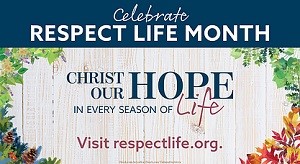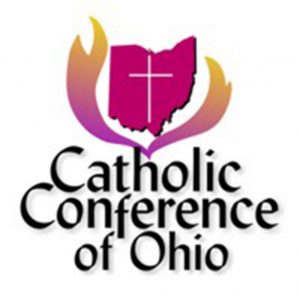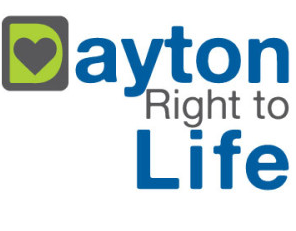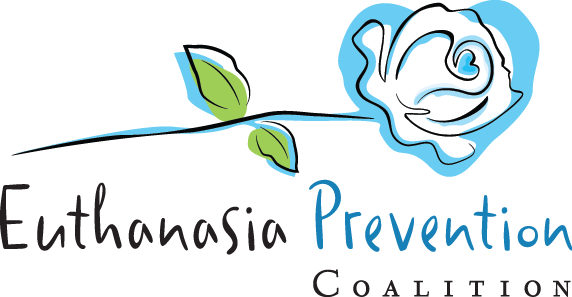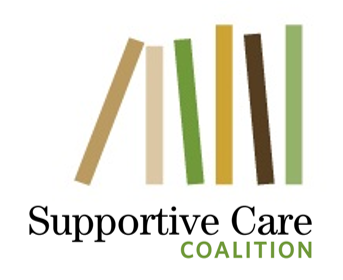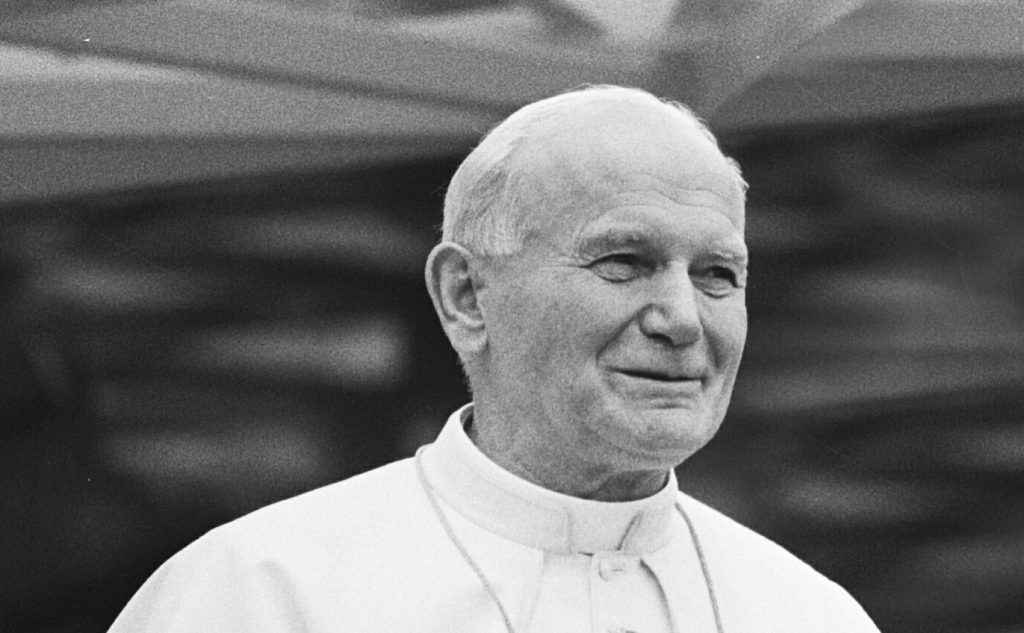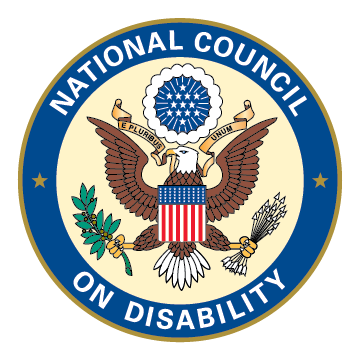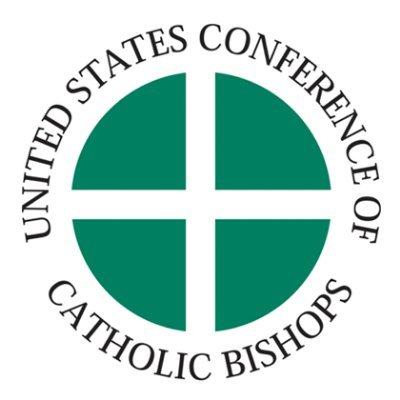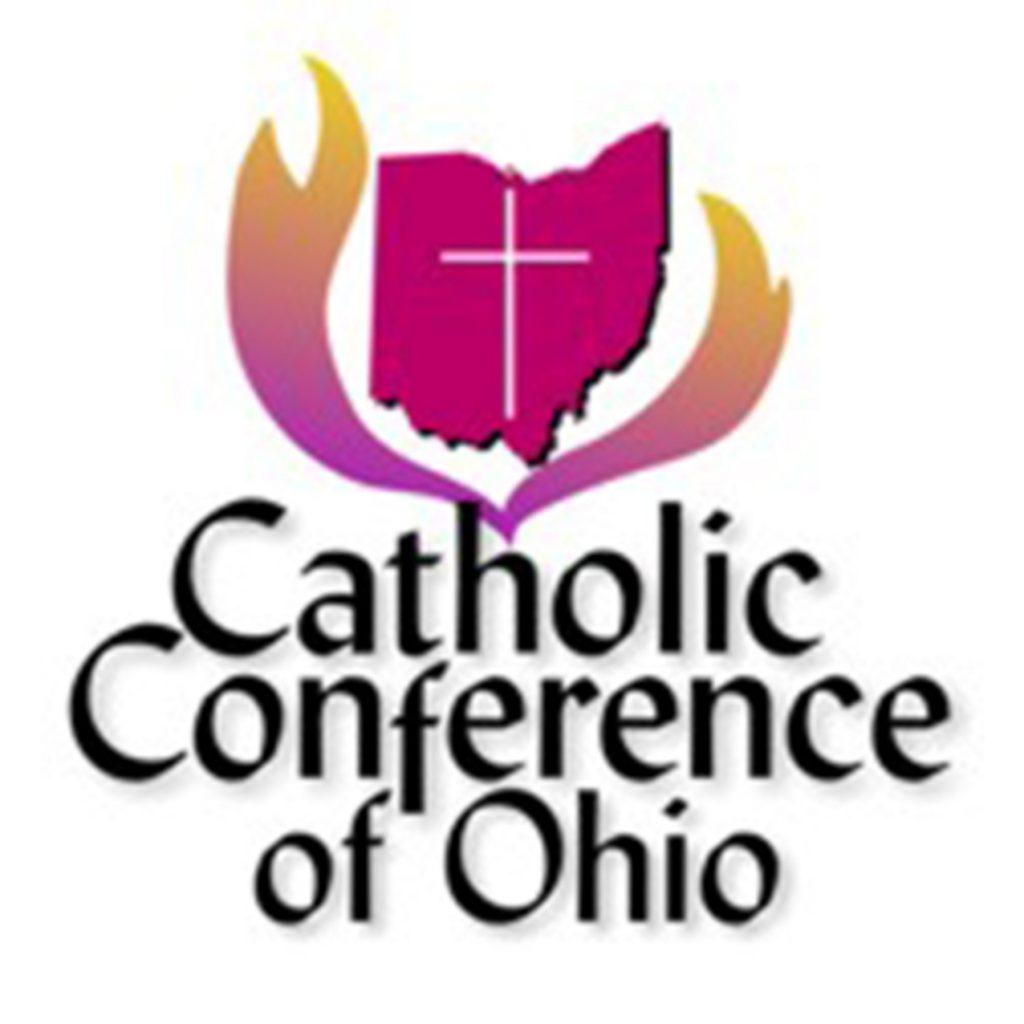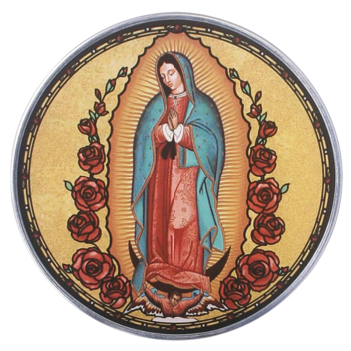Home > Offices > Respect Life Ministries > Respect Life Issues > Assisted Suicide & Euthanasia
Assisted Suicide & Euthanasia
Check out our Being Pro Life Episode: The Danger of Assisted Suicide. Click the video or one of the icons to the left to watch, listen, and read.
You can also take a look at Faithful At the End of Life as an additional resource for faith-based information on bioethics and medical decision-making on end of life care.
General Information
Assisted Suicide
Physician Assisted Suicide (PAS) is used as a means to terminate one’s life in situations of terminal illness and entails a physician prescribing a lethal dose of drugs for a person to take on his/her own. As Catholics, we believe that PAS is a huge violation of the dignity of the human person, and we are called to work to prevent the spread of Assisted Suicide in our world. There are currently nine states in our country who have legalized PAS in some capacity. See the map to the right for more information.
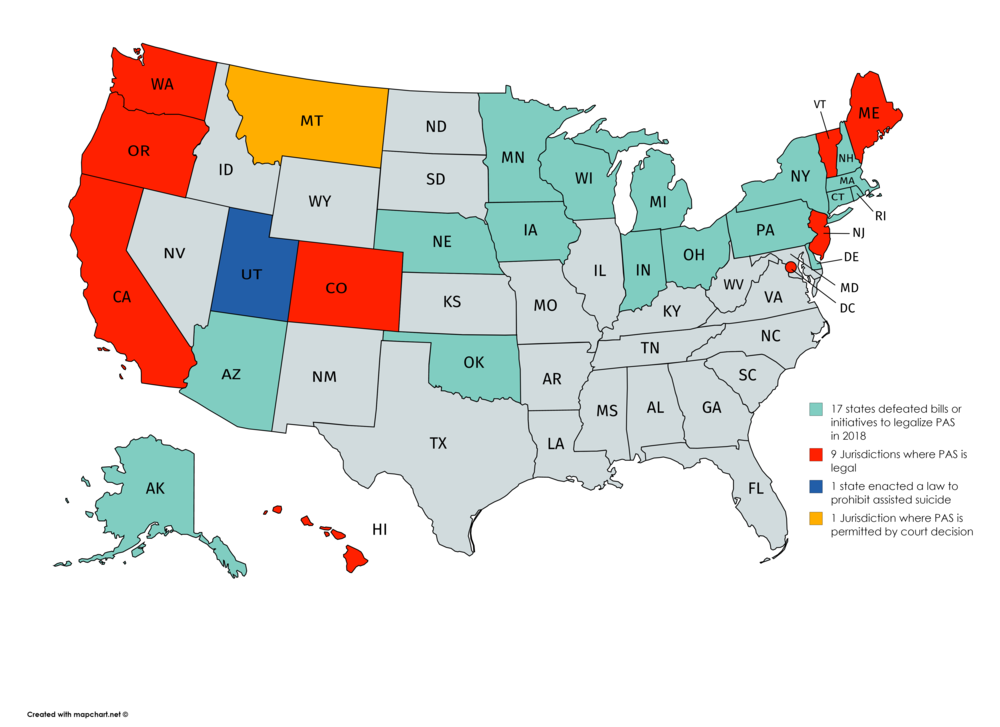
Euthanasia
Euthanasia is the ending of a life prematurely by medical means in which a physician administers lethal measures or withholds life-sustaining treatment. There are two different types of Euthanasia:
- Active Euthanasia in which lethal measures are taken to end a person’s life
- Passive Euthanasia in which life-sustaining treatment is withheld to precipitate the dying process
Euthanasia is currently illegal in the United States.
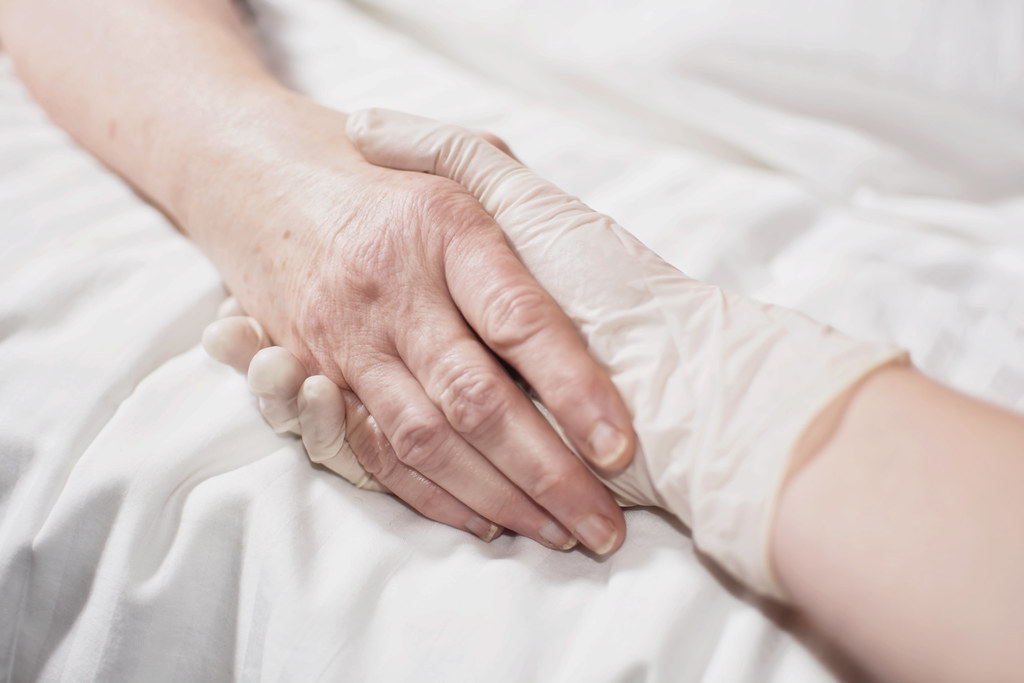
Advance directives
For more information on Advance Directives, CLICK HERE.
The Catholic Church fully supports the use of Living Wills, Health Care Powers of Attorney, and Do Not Resuscitate Orders under proper conditions. For further questions, please contact the Office for Respect Life Ministries at (513)263-6674 or [email protected].
Church Documents
“Those whose lives are diminished or weakened deserve special respect. Sick or handicapped persons should be helped to lead lives as normal as possible. Whatever its motives and means, direct euthanasia consists in putting an end to the lives of handicapped, sick, or dying persons. It is morally unacceptable.” -Catechism of the Catholic Church (2276 – 2279)
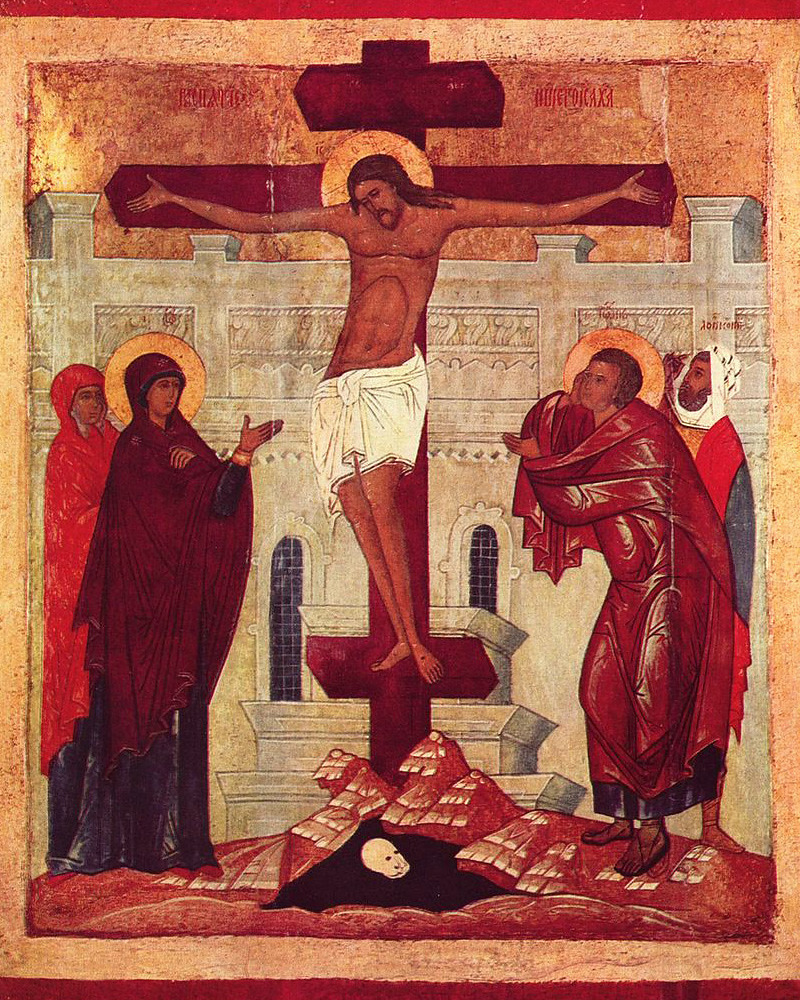
It is necessary to state firmly once more that nothing and no one can in any way permit the killing of an innocent human being, whether a fetus or an embryo, an infant or an adult, an old person, or one suffering from an incurable disease, or a person who is dying. Furthermore, no one is permitted to ask for this act of killing, either for himself or herself or for another person entrusted to his or her care, nor can he or she consent to it, either explicitly or implicitly. nor can any authority legitimately recommend or permit such an action. (EN ESPANOL)
Our tradition, declaring a moral obligation to care for our own life and health and to seek such care for others, recognizes that we are not morally obligated to use all available medical procedures in every set of circumstances. But that tradition clearly and strongly affirms that as a responsible steward of life one must never directly intend to cause one’s own death, or the death of an innocent victim, by action or omission.
Quite different from this is the way of love and true mercy, which our common humanity calls for, and upon which faith in Christ the Redeemer, who died and rose again, sheds ever new light. The request which arises from the human heart in the supreme confrontation with suffering and death, especially when faced with the temptation to give up in utter desperation, is above all a request for companionship, sympathy and support in the time of trial. It is a plea for help to keep on hoping when all human hopes fail. (EN ESPANOL)
To live in a manner worthy of our human dignity, and to spend our final days on this earth in peace and comfort, surrounded by loved ones—that is the hope of each of us… Today, however, many people fear the dying process. They are afraid of being kept alive past life’s natural limits by burdensome medical technology. They fear experiencing intolerable pain and suffering, losing control over bodily functions, or lingering with severe dementia. They worry about being abandoned or becoming a burden on others. (EN ESPANOL)
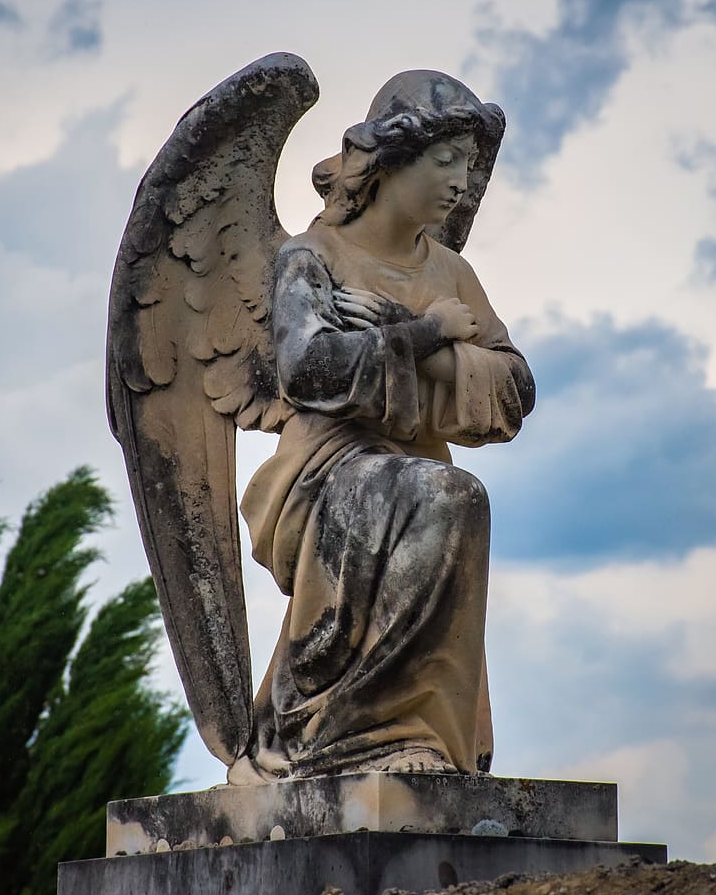
Organizations & Webpages
Below are organizations, along with their webpages, that serve as wonderful resources for parishes, families and individuals who would like to learn more about the topic of assisted suicide & euthanasia from the perspective of the Catholic Church.
The USCCB offers a plethora of resources and information on their website. The Secretariat of Pro-Life Activities offers articles, documents, and prayer resources that cover the topics of assisted suicide & euthanasia. These resources address Church teaching, advanced care directives, palliative care, and legislation. For the “Assisted Suicide” specific page CLICK HERE.
The Catholic Conference of Ohio represents the Church’s position before the Ohio General Assembly, various state departments, bureaus, agencies and other organizations. The Conference also provides facilitation, coordination and joint programming for diocesan groups involved in various Church ministries. This website also has a variety of resources regarding End of Life Decisions in the state of Ohio.
Dayton Right to Life provides seminars regarding assisted suicide, euthanasia, and end of life issues. The first seminar entitled “Now and at The Hour of Our Death” is a panel discussion that includes an attorney, nurse, and a Dayton Right to Life staff person that offers information on healthcare power of attorney forms, questions to ask your doctor or Hospice provider, and how to prepare for medical emergencies and serious illness.
The second seminar entitled “What’s So Wrong with Assisted Suicide” is an educational seminar focusing on assisted suicide, euthanasia, and basic Church teaching on end of life topics.
If you are interested in booking one of these seminars for your parish or group, contact Margie Christie at (937) 461-3625 or [email protected].
Goal: To prepare a well-informed, broadly-based network of organizations and individuals supporting measures that will create an effective social barrier to euthanasia and assisted suicide.
Objectives:
- Increase understanding and respect for the dignity of human life.
- Enhance government support for hospice/palliative care systems and community care services.
- Maintain and enforce existing laws against euthanasia and assisted suicide.
- Establish and build Compassionate Care Community Services.
This website is designed to offer Catholics moral clarity and guidance on the Church’s teachings regarding end-of-life decision making. Illness and aging, coupled with rapid advances in medical technology, can lead to heightened anxiety when health care decisions must be made. We hope that this site will help you to navigate the end-of-life questions and challenges that you and/or your loved ones face, and bring peace to a stressful situation. It provides links to trustworthy resources, guidance, and support from Catholic sources all across the country.
The Patients Rights Action Fund’s (PRAF) mission is to protect the rights of patients, people with disabilities, and others inadvertently targeted by assisted suicide legislation.
PRAF advocates for patient access to high quality multidisciplinary care and fights against efforts to make suicide a legal medical treatment.With a unified voice, the Supportive Care Coalition advances palliative care excellence in Catholic health care settings through education, advocacy, mission and ethical integration as well as the promotion of spiritual care in palliative care. Our vision is that all persons living with or affected by serious illness will receive high quality, compassionate care that integrates their physical, spiritual, cultural, and relational dimensions.
Media Resources
In our media-driven world, it is imperative to use media resources to work to spread the Gospel of Life. Below are a variety of these media resources that could be used as conversation starters to delve more deeply into the issues of assisted suicide & euthanasia.
Articles
This article is part of the Being Pro Life Campaign and features personal stories of those affected by Assisted Suicide. This campaign includes an article, video, and podcast that effectively convey what it means to have a consistent ethic of life.
This article summarizes some of the key messages in Pope John Paul II’s speech regarding the dignity of people in a persistent vegetative state.
This document is part of the Bioethics and Disabilities Series written by the National Council on Disability. This report, and the others in the series, focuses on how the historical and continued devaluation of the lives of people with disabilities by the medical community, legislators, researchers, and even health economists, perpetuates unequal access to medical care, including life-saving care.
Videos & Movies
Belgium’s 15 year experiment with euthanasia has gone terribly wrong. This film is a dire warning for the rest of the world. The Euthanasia Deception is a one-hour documentary featuring powerful testimonies from Belgium and beyond – of those devastated by the false ideology of ‘mercy killing’.
The film sets out to expose three main deceptions of doctor assisted dying: First, that euthanasia and assisted suicide are a form of compassion. The second is the myth of autonomy: that decisions made between doctor and patient operate in a vacuum. And finally, that government ‘safeguards’ can truly protect the vulnerable. CLICK HERE to learn more about this film.
For a Movie Discussion Guide CLICK HERE.
A thought-provoking journey through Europe and North America to ask one of the most fundamental philosophical questions of our time: should we be giving doctors the right in law to end the life of others by euthanasia or assisted suicide? Filmmaker Kevin Dunn uses powerful testimonies and expert opinion from both sides of the issue to uncover how these highly disputed laws affect society over time. CLICK HERE to learn more about this film.
For a Film Pamphlet CLICK HERE.
These short video testimonies, created by the USCCB, share information about assisted suicide from personal experiences. With a variety of perspectives, and several videos in Spanish, these resources would be a great way to introduce the topic of assisted suicide to a group. CLICK HERE to be taken to the USCCB Assisted Suicide page to browse the videos.
Printable Resources
- Assisted Suicide & Euthanasia
| Title | Description | Hits | Date added | Download |
|---|---|---|---|---|
| Assisted Suicide Laws in Oregon and Washington- What Safeguards | 1220 | 06-17-2020 | DownloadPreview | |
| Assisted Suicide and Euthanasia- Beyond Terminal Illness | 1567 | 06-17-2020 | DownloadPreview | |
| Assisted Suicide and Euthanasia- From Voluntary to Involuntary | 1364 | 06-17-2020 | DownloadPreview | |
| Caring for Each Other, Even Unto Death (Brochure) | 1240 | 06-17-2020 | DownloadPreview | |
| Catholic Advanced Health Care Directive | 1207 | 06-17-2020 | DownloadPreview | |
| Death & Life Issues and Ohio Law on Advance Directives (Catholic Conference of Ohio) | 1416 | 06-17-2020 | DownloadPreview | |
| Hopes & Fears- Pastoral Reflections on Death (Catholic Conference of Ohio) | 1190 | 06-17-2020 | DownloadPreview | |
| Killing the Pain Not the Patient (Bulletin Insert Article) | 1143 | 06-17-2020 | DownloadPreview | |
| Physician-Assisted Suicide- Threat to Improved Palliative Care | 1204 | 06-17-2020 | DownloadPreview | |
| Suicide & Assisted Suicide- The Role of Depression | 1419 | 06-17-2020 | DownloadPreview |
Get Involved
To end and prevent the practices of assisted suicide and euthanasia, we must take action. Whether that is through working towards advocacy, awareness, service or prayer. Below are a list of ways to get involved.
Advocacy & Awareness
In order to bring an end to assisted suicide and prevent the spread of these practices in our nation, we must not be silent and we must stay informed. Below is information about both the State and National Call to Action Websites. You can sign up and receive important alerts about these issues to remain aware and take action.
Looking for a way to make a change in our world? The USCCB Action Center provides a huge amount of information regarding National Legislation and how Catholic citizens can get involved. You can also sign up for emails and text messages from the USCCB. Click the link above to be taken to the webpage.
Human Life Action sends out federal legislative action alerts on pro-life policy requesting grassroots action. We make it easy for you to stay on top of key pro-life legislative initiatives and to contact your elected federal representatives and other leaders with messages that build the culture of life and advocate for policy that protects human life and liberty.
The Conference represents the Church’s position before the Ohio General Assembly, various state departments, bureaus, agencies and other organizations. The Conference also provides facilitation, coordination and joint programming for diocesan groups involved in various Church ministries. You can sign up for statewide Action Alerts and will receive information on upcoming legislation in the state of Ohio.
Prayer
We are called to offer all things up to God in prayer, and as we face this culture of death, we especially offer up the the sick, the depressed, the terminally ill, those with disabilities, and all the advocates who devote their lives to this very important cause.
We also lift in prayer all of those who work towards the legalization of Assisted Suicide in our country. We pray that the medical professionals, politicians, and lobbyists grow to understand the violation of the dignity of life that takes place when we choose assisted suicide instead of natural death, and ask that you, Lord, open their hearts to the Culture of Life that was originally taught by your son, Jesus.
CLICK HERE for prayer resources.

